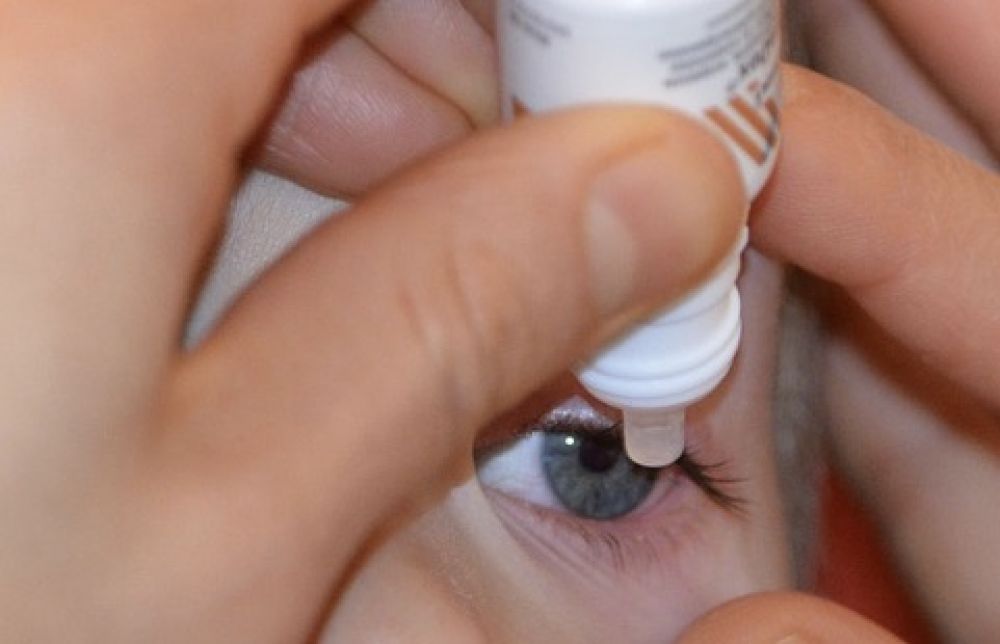Epidemic of conjunctivitis: 320 cases reported in St. Martin
In their latter epidemiological dated 16 June, health authorities report an epidemic of viral conjunctivitis in the West Indies. In the Caribbean and South America area, an epidemic is rampant in French Guiana since the end of April, while Suriname, the Dominican Republic, and Haiti report an outbreak of great magnitude for several weeks. In Saint-Martin, the epidemic has started for a couple of weeks. Saint-Barthélemy appears to be spared for the moment.
"Since the beginning of the epidemic at the beginning of June, an estimated total of 320 cases of conjunctivitis have been detected by practitioners at Saint-Martin" according to the report which also States: "In addition to what is observed in the city, the number of visits to the ER for conjunctivitis at the Hospital (CH) of Saint-Martin increased strongly last week last, with 17 visits recorded." No hospitalization in connection with these visits ER was observed. ».
Conjunctivitis is an inflammation of the membrane covering the front of the eye and the inside of the eyelids. It can be caused by a virus (viral conjunctivitis), bacteria (bacterial conjunctivitis), allergy, or irritation. Outbreaks of conjunctivitis are more usually viral, caused by some Adenoviruses and enteroviruses. "Enteroviruses are very contagious, they spread mainly from person to person when they have close contacts. They survive several hours in the external environment and can be transmitted indirectly via contaminated objects (door handles, utensils, handkerchiefs, towels... " the report adds.
The symptoms of conjunctivitis are easy to detect: red eyes flowing, itching, eyelids glued... "It is pretty glaring, indeed," says Dr. Monique Rakotomalala, a doctor at the Saint-Martin ARS. The epidemic is highly contagious, those who report symptoms should go consult their doctor and receive care to avoid contaminating close people.
To limit the risk of contamination, Dr. Rakotamalala recommends to regularly wash the hands with water and soap, to avoid rubbing the eyes and touch someone with conjunctivitis (especially the face and hands). Wearing sunglasses would also allow it to limit the risks.
As for those who caught it, "do not use a towel sponge to wipe, but towels or disposable tissues after cleaned and rinse the eyes using saline ' she insists.








